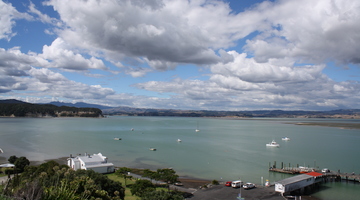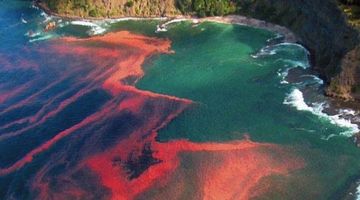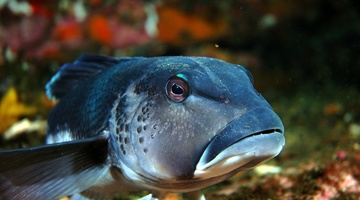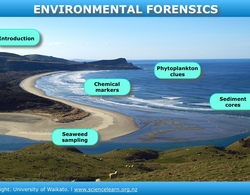

Riley and Steve Hathaway want to change the way young people think and act towards the ocean. Their vision is to “Inspire kids to enjoy and care for the world’s oceans”. Rights: The University of ...
READ MORE

Observing and asking questions are essential parts of what a scientist does. Through their observations, scientists try to build more accurate explanations of how the world works. The scientists ...
READ MORE

In this activity, students learn about the surface tension of water by experimenting with bubbles. By the end of this activity, students should be able to: demonstrate the effect of soap on ...
READ MORE

Environmental DNA (eDNA) has revolutionised how scientists monitor ecosystems and identify the species that live in them. eDNA is genetic material found in hair, scales, skin and even faeces ...
READ MORE

This citizen science project wants your assistance to extract information from various climate scientific graphics to help combat misinformation and support scientific communication. Using this ...
READ MORE

Be part of a worldwide movement and use Global Earth Challenge to submit or classify photos to help our planet’s environment and human health. Global Earth Challenge is a citizen science campaign ...
READ MORE

With 75% of New Zealanders living within 10 km of the coast, many students will be familiar with estuaries. In scientific terms, estuaries are the interface between the land and the sea – the ...
READ MORE

Seaweek is New Zealand’s annual national week about the sea. It is coordinated by the Sir Peter Blake Marine Education and Recreation Centre (MERC) and includes a wide range of events ...
READ MORE

Do you need resources for Seaweek? Are you planning a science unit on the sea? In this online PD session recorded on 18 February 2016, PD provider and teacher Barb Ryan explores some of the ...
READ MORE
NIWA's Maori development officer, Apanui Skipper and Weno Iti, the Te Kūwaha manager (NIWA Māori Development Centre), describe what kaitiakitanga means to them.
READ MORE
In this video, Dr Candida Savage, from the University of Otago, talks about how New Zealand’s pristine habitats are like ‘natural laboratories’. This is because they offer good opportunities to ...
READ MORE
In this video, Associate Professor Stephen Wing, from the University of Otago, talks about how our understanding of food webs has changed over the years. We now have a much better understanding ...
READ MORE

Sea stars have many weird and wonderful adaptations including both sexual and asexual reproduction. Click on any of the labels in this interactive to view short video clips or images to learn ...
READ MORE

Sea stars have many weird and wonderful adaptations – including some unusual internal systems. Click on any of the labels in this interactive to view short video clips or images to learn more ...
READ MORE

Dr Candida Savage explains the clues she collects in estuaries and fiords, to understand how changes in land use affect these environments. Click on the labels to watch the videos for more ...
READ MORE